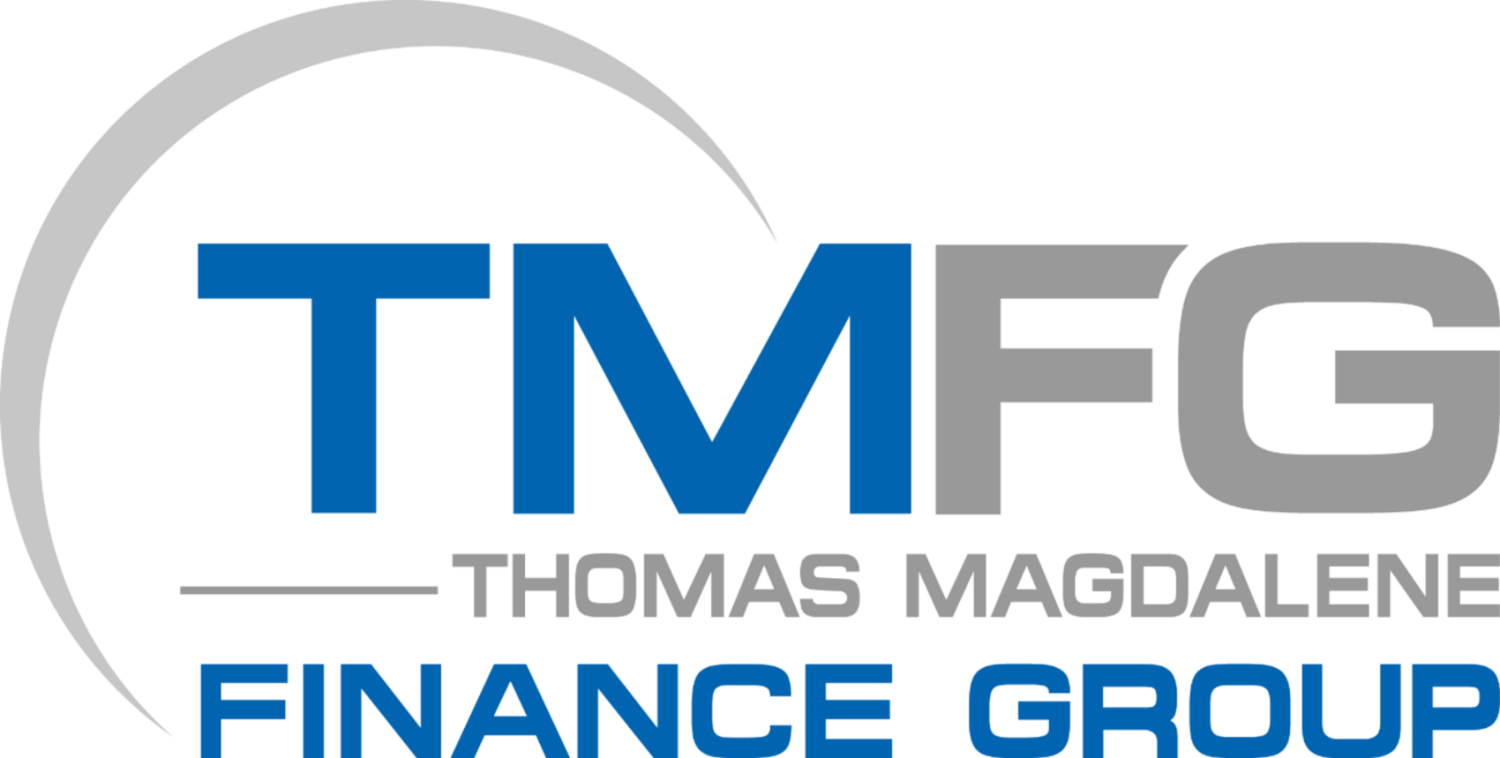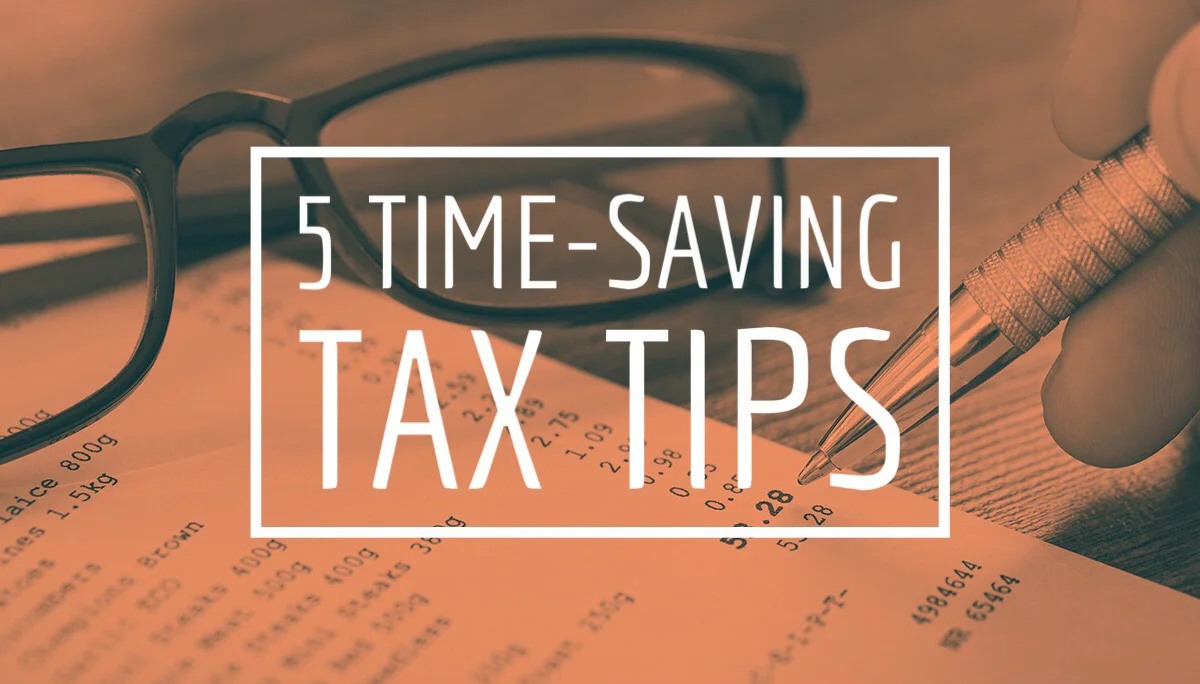It’s that time of year again!
As the 2016/17 Financial Year comes to a close, we spoke with Chartered Accountant Jon Madgwick, from J D Madgwick in South Melbourne for his EOFY top 5 tax tips and planning opportunities.
Here’s what he had to say:
1. Deferral of income
Subject to cash flow considerations and anti-avoidance rules, if your income is high this year consider deferral to the following year, you will eventually pay taxes on your earnings, but you may be able to defer or postpone income taxes by a few months for a much-needed tax break:
• delay selling a capital asset
• adjust deposited funds so that interest income is not paid, or
• delay invoices to after year end.
If your business has high cash income, deferral could be risky by putting you outside the ATO small business benchmarks.
2. Instant Asset Write Off
Small businesses can also immediately deduct the cost of the purchase of business assets under $20,000. If your business turnover is less that $10 million (lifted from $2m to $10m from 1 July 2016 – in the recent budget); and you have been contemplating buying or replacing business machinery, tools, computer equipment, electrical items or other bug ticket purchases; consider bringing forward any planned asset purchases into this financial year. Purchases of $20,000 or less per item can be written off immediately.
This small business deduction was also extended into next financial year with the recent budget announcements.
3. Bring Forward Expenses
To maximize deductions at your disposal, expenses such as repairs and maintenance incurred before 30 June. Consider prepaying monthly recurring costs like rent, electricity, wages and interest to bring forward deductions into the current financial year.
If you are a property investor, consider prepairng next years interest, this financial year and taking up any Interest Only in Advance opportunities.
4. Bad debts
EOFY is the best time to write off any bad debts your business has not been able to recover this financial year. To minimise your company’s tax bill, detail what the bad debts are and the efforts you have made to recover them.
Make sure the debt was previously included in the company’s assessable income, otherwise it will not be eligible to be written off.
5. Superannuation
Paying your employees’ super before 30 June will make the expense tax deductible. Eligible superannuation contributions for the June quarter must be paid by 30 June to be tax deductible in that financial year
For family businesses, take care not to exceed annual caps for concessional and non-concessional superannuation contributions.
You may be in a position to take advantage of any of these opportunities, so plan ahead and seek advice where needed. And of course, if you require Interest only in Advance or Equipment Finance; why not give us a call to arrange a meeting?

